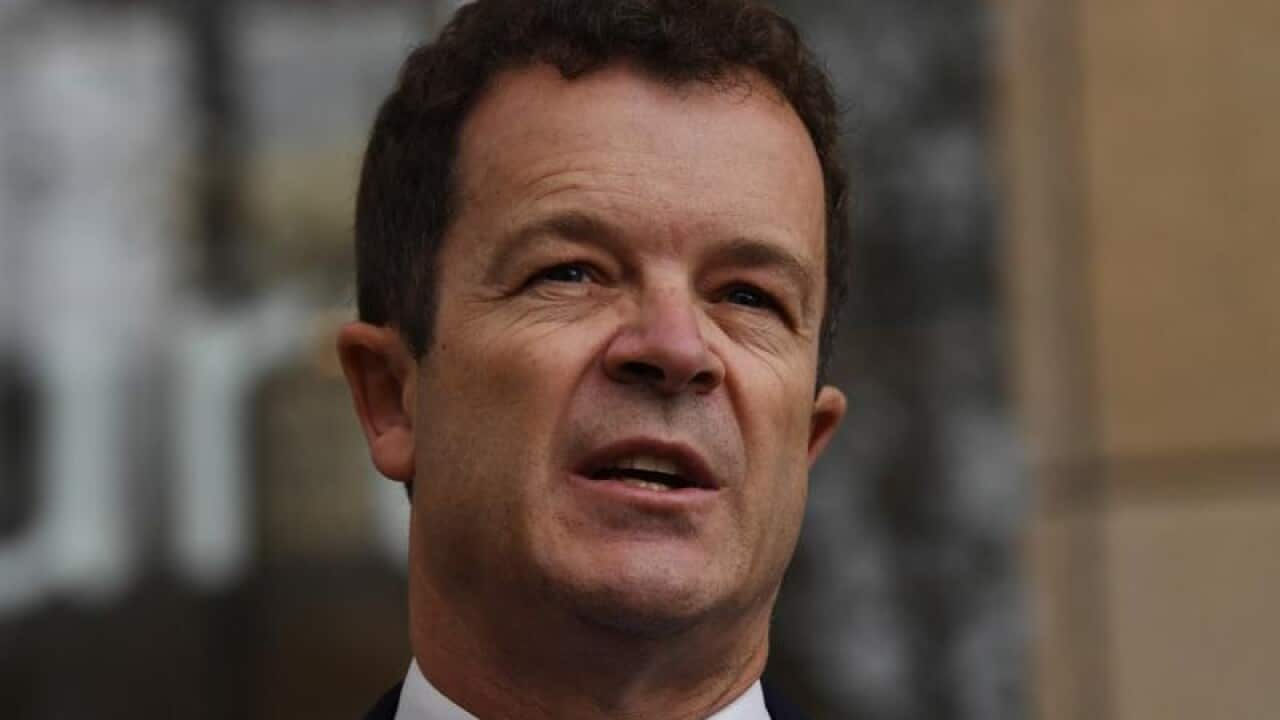NSW will lead a move to modernise Australia's defamation law to take into account the era of digital publishing and social media, as well as enabling corporations to sue.
NSW Attorney-General Mark Speakman raised the issue at a meeting of fellow first law officers in Perth on Friday.
The attorneys-general agreed to reconvene a defamation working party to consider the findings of a NSW review of the laws, released on Thursday.
The group, led by NSW, would bring forward amendments to model defamation provisions for all states and territories to consider.
Federal Attorney-General Christian Porter said defamation was a "delicate balancing exercise" and it was appropriate all the arguments were heard before any changes were made.
Mr Speakman has flagged the issue of corporations being allowed to sue for defamation.
Corporations have been prevented by legislation from suing for defamation, except in limited circumstances, since 2002.
In the UK a corporation may bring a claim for defamation if publication of a statement has "caused or is likely to cause serious harm" to its reputation, such as serious financial loss.
He has also suggested provisions that protect online newspapers, blogs and other sites from being held responsible for content produced by a third party.
A UTS study published earlier this year found the proportion of digital cases had risen from 17 per cent in 2007 to 53 per cent in 2017.
NSW was by far the preferred forum for defamation actions, with 95 cases reaching a substantive decision between 2013 and 2017 compared with 94 for the rest of the country combined.

